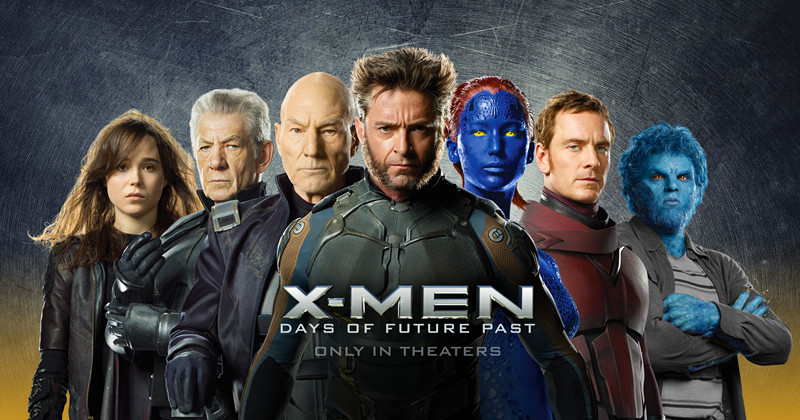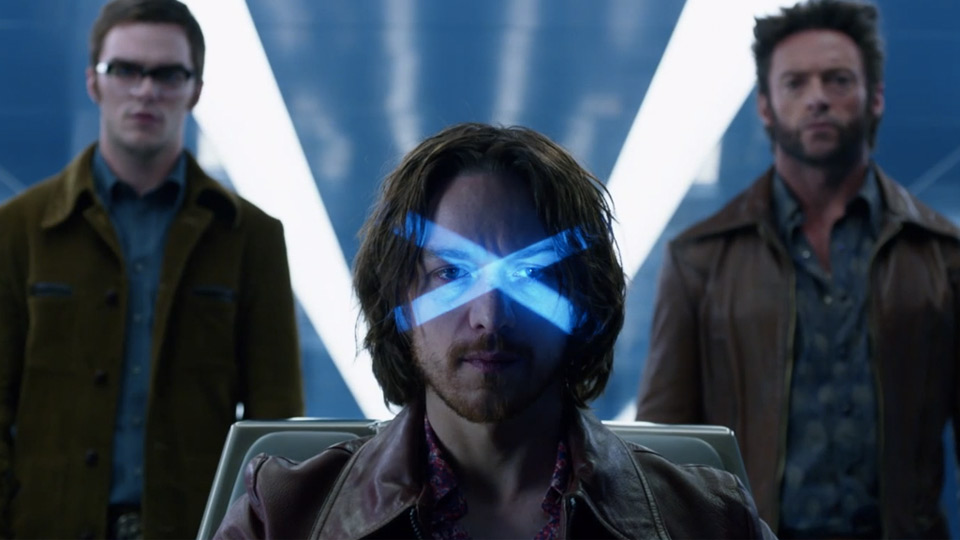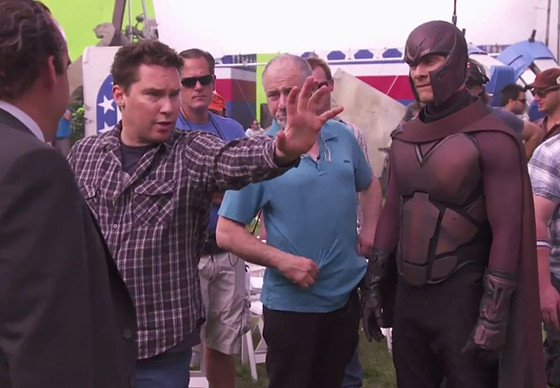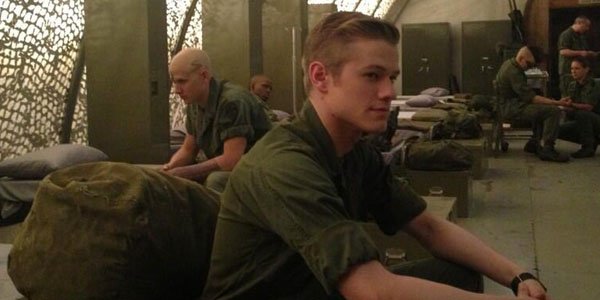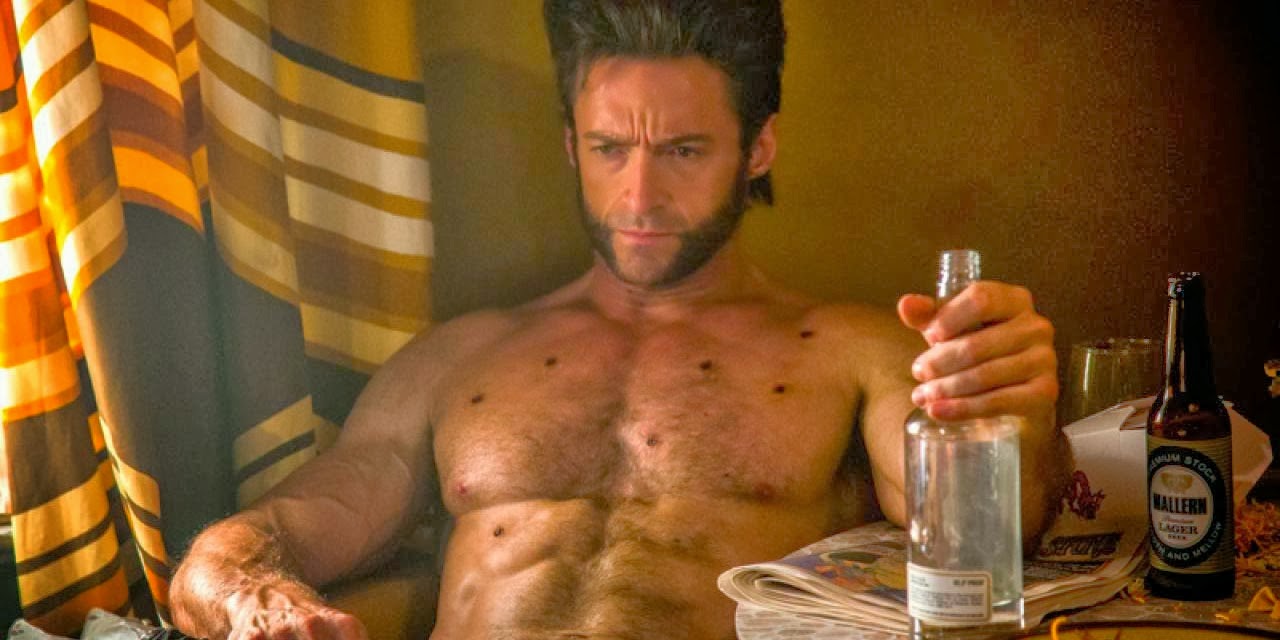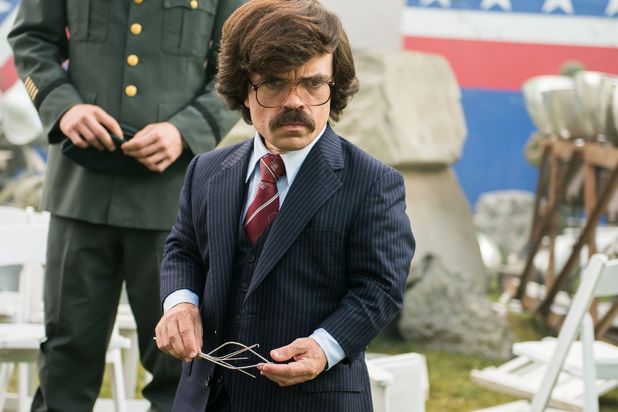Last weekend the world was given the first blockbuster of the year in Gareth Edwards’ Godzilla, but the blockbuster season truly started with the release of Bryan Singer’s X-Men: Days Of Future Past. The film marks Singer’s return to the X-Men franchise after an eleven year absence, and although X-Men: First Class and last summer’s The Wolverine was a step forward from the lackluster X-3 and X-Men Origins films; his absence has been felt.
Days Of Future Past almost feels like a homecoming upon watching it; it feels right. Singer appears to have a special relationship with the characters in his X-Men films, and that shows through his direction, which is coupled beautifully with the extremely talented cast that was gathered together for this project. The recent installment in the X-Men franchise should balance the appeasement of the mutant’s comic and film fans alike, and provides moviegoers with a true cinematic experience; displacing your state of mind, and allowing it to roam on an adventure.
10. The Future
The film opens in a dark, grim, and desolate future. Robotic soldiers called Sentinels have been developed by a man named Bolivar Trask in the past, that have been evolved into machines capable of adapting to and hunting down mutants, and those who choose to help mutants. The opening moments of the film treat us to some parallels between Singer’s first X-Men film, and history is repeating itself as we are shown prison camps for mutants and the humans that cared to assist them.
The future scenes give us a lot of the film’s action, and it’s pretty savage. This film doesn’t pull many punches and really goes for it in the action department with the future scenes, but the action echoes the desperation and struggle of our heroes that are constantly running and continuing to fight for the future of mutant, and human-kind alike. I don’t want to ruin any of the details for the action in the future, because a lot of it is some of the best in the film, but the relentless and sometimes shocking nature of it helps convey the helplessness and dwindling hope for everyone that resides on Earth at the time, and excellently allows the audience to attach themselves to the main cause of our heroes.
9. The Return of Bryan Singer
It’s been fourteen years since Bryan Singer first brought our favorite X-Men characters to the big screen with the first X-Men, and after returning for the great X-2: X-Men United; Singer hasn’t really been heard from. Since his departure from the franchise, it started to slowly slip into decline and even though the recent future has shown us some pretty good X-Men films, the franchise needed one to reboot interest.
Days of Future Past gives us a lot to digest, and there are some plot holes, but it doesn’t take much away from this film that essentially gives us everything we need to know during it’s runtime. Singer succeeds in getting the most from his cast, which allows the audience to plant themselves inside the heads of the characters on-screen, and that provides for a pretty immersive experience, especially since the film’s theme centers on one thing: Hope.
The film is relevant for a world where hope is sort of bleak, a lot of people can identify with the main characters in the film because we’ve all been wronged, whether it be by friends, former lovers, bosses, the government, etc. Which brings me to my next point…
8. It’s Easily Accessible
This film is pretty dark, and reasonably so; you are subjected to events that are designed to put you into the same emotional mindset as the characters on-screen. Outside of the darker events of the film, however, lies a mixture of everything that the average moviegoer would enjoy: Humor, romance, drama, chills, thrills, that’s not even mentioning the action. DOFP begs you to be a part of the action, and it succeeds in something that a lot of recent blockbusters have been trying, and failing at doing: Investing us emotionally.
The experience is given to us in a way that keeps us guessing, and introduces us to all the important players in the X-Men universe while showing us why they were important in the first place in small but integral ways, i.e. the addition of a young William Stryker to provide us with Logan’s brief flashback/origin. Newcomers to the franchise will be capable of watching this movie without worry of catching up, and longtime fans can appreciate the parallels and Easter eggs from films past.
7. Wolverine
Wolverine isn’t in the top 5? What?! Am I mad? Maybe, but aside from an always wonderful performance from Hugh Jackman as Logan/The Wolverine, he wasn’t in the spotlight this time around. In DOFP, Logan is more of the vessel for our time travel/comic relief. Yes, he was bad ass, he kicked the ass, and was around for almost all of the films runtime, but the main character was Charles Xavier.
Having said all of that; Wolverine was awesome. The fact that he didn’t have to shoulder the emotional burden didn’t just speak to the film’s themes, but also helped his character. We are able to see Wolverine in all of his quick-witted, quick healing, claw-bearing, charming nature, and most of the film’s fun comes from his interactions with all of the different characters. Hugh Jackman has stated he will at least return for one more independent Wolverine film and X-Men: Apocalypse, and remains a bright light for the franchise.
6. Peter Dinklage as Dr. Bolivar Trask
Dr. Bolivar Trask is one of the films key components. Trask uses strong levels of fear mongering to propagate his agenda for mutant irradiation by his Sentinel program to the U.S. Government, (ironic) and it begins to slowly fail as time goes on. The whole film hinges on an event between Trask and Mystique, where she assassinates him; thus galvanizing his efforts for the Sentinel program and bringing the dark future to existence, which is the reason why Logan is going back in time in the first place. The way the character was written, and the overall performance of Peter Dinklage was delightfully sinister and a lot of fun to watch.
During the film we see Trask try, and fail at beginning his Sentinel program; noting that the mutants will begin to basically see humanity as inferior, and want to wipe them out. As we progress through the story, he slowly becomes a little mad… or has been for some time, (Mystique notices a painting behind his desk where he stands above a handicapped girl, holding a robotic leg just out of her joyous reach) and we begin to understand that his endless campaign to irradiate mutant-kind isn’t for humanity, but for his own legacy.
